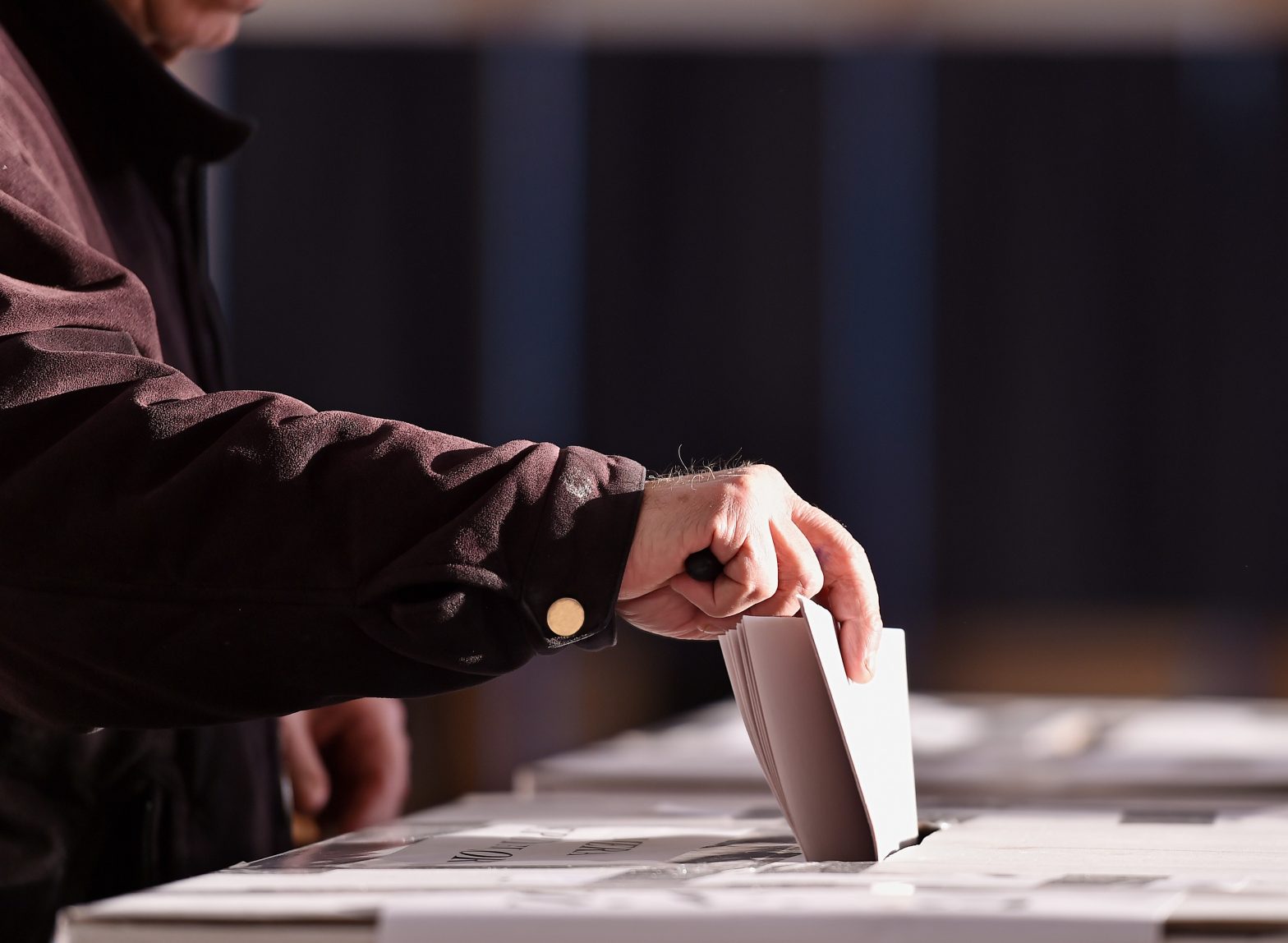A new law, set to take effect in 2025, extends automatic voter registration to incarcerated individuals upon their release.
Although Michigan already allows people with felony convictions to regain their voting rights after release, Democratic State Rep. Penelope Tsernoglou’s recent bill, which Governor Gretchen Whitmer signed into law, goes a step further.
Representative Tsernoglou underscored that the legislation aims to enhance voting access for a historically disenfranchised population. Despite Michigan having a relatively high voter registration rate, the incarcerated population has been among the least likely to be registered to vote.
Before the enactment of this law, slated for implementation in 2025, the Michigan Department of Corrections collaborated with the Secretary of State to register incarcerated individuals as part of a broader initiative. This program facilitates the acquisition of essential documents, such as birth certificates and state IDs, to aid inmates in their transition.
The legislation formalizes and ensures the continuation of this practice, according to Department of Corrections spokesperson Kyle Kaminski. Since the program’s initiation in 2020, nearly 5,000 incarcerated individuals have been pre-registered to vote.
Khyla Craine, deputy legal director at the secretary of state’s office, acknowledged that many incarcerated people wish to participate in the democratic process but may harbor concerns about jeopardizing their post-release status.
Those who have been convicted of a crime may or may not be eligible to vote, depending on the state. Michigan is one of the 23 states in the United States that grants voting rights to convicted felons once they have been released from prison. Of the states that grant voting rights to currently incarcerated individuals, only Vermont, Maine, Washington, Puerto Rico, and the District of Columbia do so.
Craine believes the new law will address confusion, particularly concerning voting rights during and after incarceration, and contribute to the reintegration of formerly incarcerated individuals into society.
Advocacy group Voters not Politicians, which has been working to expand voting rights in Michigan, collaborated with lawmakers to incorporate individuals with felonies into the state’s existing automatic voter registration system.
Kim Murphy-Kovalick, Director of Voter Not Politicians, emphasized the need for education programs to inform inmates about their voting rights, and efforts are underway to work with lawmakers on funding such initiatives.
Malijah Gee experienced his first incarceration in a Michigan prison around the age of 17. Reflecting on his past, Gee, who has spent 36 years behind bars, shared that due to his youth at the time of incarceration, he was unable to vote.
Anticipating his release early next year, Gee is enthusiastic about casting his vote for the first time in Michigan’s presidential primary in February. Expressing his excitement, he emphasized the importance of informing prisoners about their voting rights.
As Malijah Gee prepares to re-enter society, he plans to dedicate time to research before deciding on his voting preferences.
Source: https://www.npr.org/2023/12/16/1219695211/new-michigan-law-means-people-leaving-prison-will-automatically-be-registered-to
